Basic First Aid for the Summer
INSECT STINGS

A sting from a bee, wasp or hornet is usually painful, not dangerous.

If visible, brush or scrape the sting off sideways with a credit card.

Raise the affected area and apply a cold compress like an ice pack.
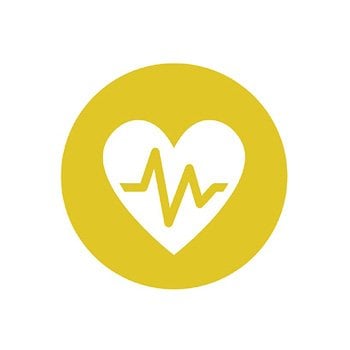
Monitor vital signs, Call 999 if casualty shows signs of anaphylactic shock.

SPLINTERS
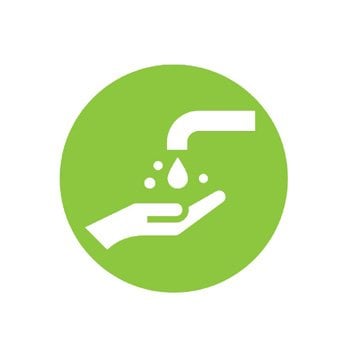
Clean the area around the splinter with soap and warm water.

Use tweezers to draw the splinter out. Pull it out at the same angle it went in.

Carefully squeeze the wound to draw out a little blood. This helps clean it.

Clean and dry the area where the splinter was and cover with a plaster.

CUTS AND GRAZES
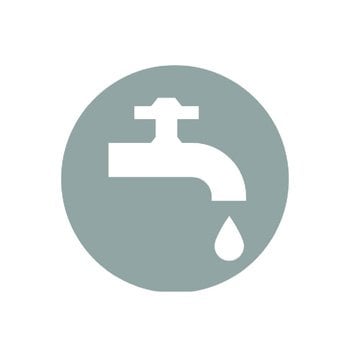
Clean the cut by rinsing it under running water or wiping it with alcohol-free wipes.
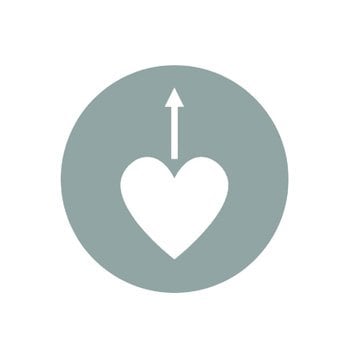
Raise and support the injury above the level of the heart, if possible.
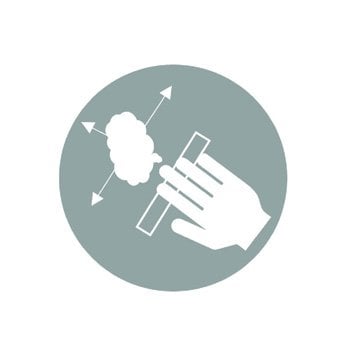
Wipe away from the wound using a clean swap for each stroke. Apply a sterile dressing.

Check immunisation records to make sure tetanus vaccine is up-to-date.

NOSEBLEEDS

Sit down and tilt head forward to allow blood to drain. Pinch the soft part of the nose and hold.

Advise not to speak, swallow, cough, spit or sniff. Wipe excess blood away with a tissue/cloth.
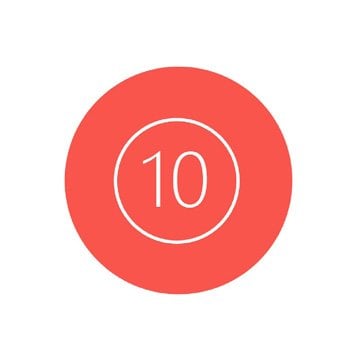
Check the bleeding has stopped after 10mins. If it hasn't reapply pressure for two further 10 minute periods.

Once bleeding has stopped, clean around the nose and rest for a few hours.

If at any point you are concerned or worried about the patient, do not hesitate to call 111.
For emergencies call 999/112.

